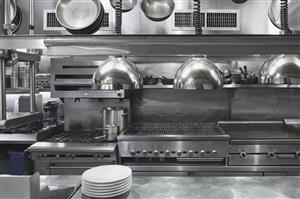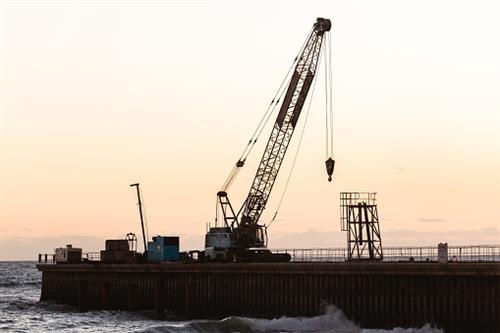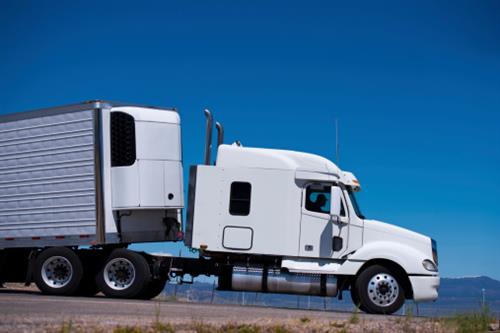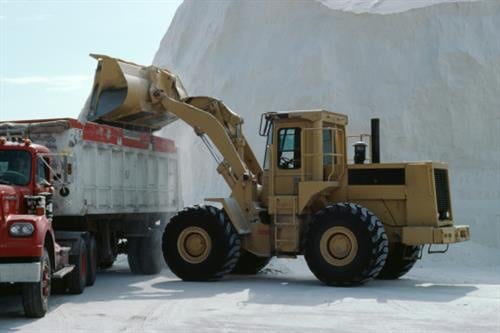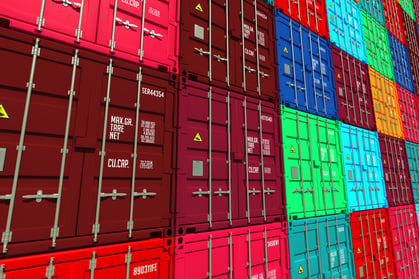
In today's world, everything is being recycled one way or another, even shipping containers. Used to move products from national and international locations, they're often left sitting empty - until recently. If you're considering selling shipping containers for some of their many uses, you could be looking at starting a lucrative side hustle for your business or a new business entirely. But how do you know how much you should charge for those containers, and how do you back up their value? Three words: shipping container valuation. Keep reading to learn more uses for shipping containers to help sell these useful containers.
Versatile Options: How Shipping Container Valuation Helps You Get What It's Worth
- Shipping, of course! If your company is regularly moving large quantities of products or materials, you can reuse shipping containers that are in good condition to continue shipping those items.
- Workshop space. Need to expand operations quickly or add a hobby shop in the backyard? Shipping containers give you a great way to quickly get a structure in place that you can then wire for use as a shop, whether it's for home or business use.
- Storage. If conditions are right in your market for buying supplies and materials, do you have a weathertight place to store them? Shipping containers are meant to keep your items protected from the elements, making them an inexpensive way to store excess material.
- Housing. With the modern look coming into vogue again, homes that are created from multiple shipping containers are becoming popular. Several shipping containers are joined together with shared entryways, even stacked to create multiple floors, then finished inside.
- Swimming pools. Shipping containers are great for creating instant pools, requiring only the addition of a liner and filtration system to work very effectively. Lower-quality containers can be used for in-ground setups.
- Underground shelters. Because shipping containers are designed to be tough and hold a lot of weight, they can make great tornado or storm shelters. This allows you to simply dig a hole for the container, add stairs and ventilation and then finish it out.
- Studios. If you need to quickly add an art studio to your home or business, a storage container can be quickly put into place with windows cut into place, electricity added and lighting to your own specifications.
- Semi-portable shops and cafes. If you want to set up a barbeque stand for the summer, art stand for the tourist season or any number of other retail or food uses, storage containers make a great option.
Though you can give your customers any number of ideas for your shipping containers, how do you get what they're worth? Shipping container valuation looks at a wide range of different factors that can impact your shipping containers' values, then calculates what those values are. This information is then summarized in a valuation report, which you can use to back up your asking price. This allows you to offer lower prices for shipping containers that have seen more wear and tear or higher prices for containers that are in premium condition. You'll also be able to recommend different uses based on that condition. Make sure you're working with a certified equipment appraiser to ensure that the calculated value you receive is accurate.


